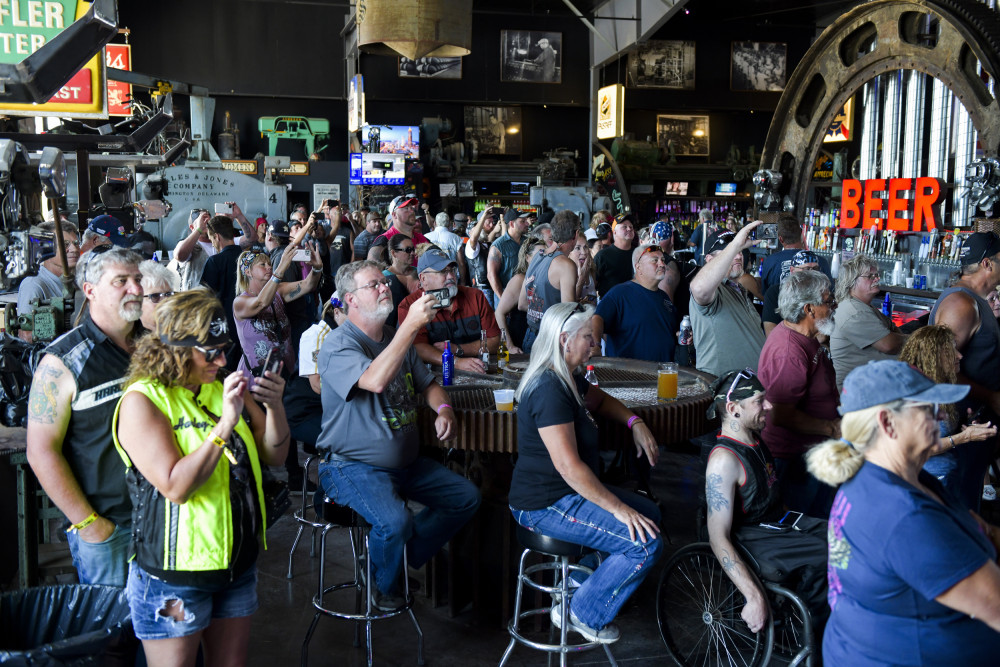jollystomper
Give me a museum and I'll fill it. (Picasso) Give me a forum ...
- Joined
- Apr 16, 2012
- Messages
- 6,184
That’s tough. They could still get married legally and have a big gathering wedding ceremony later. We know someone who did that for other reasons.
That is what 2 of my nephews did. Both got married in small, local-immediately family only ceremonies (one was close enough for us to do a "drive-by" greeting), with bigger gatherings planned for mid-2021.
This is just a gut feel for me - it seems that when food/drink is present at these gatherings, the more likely the virus may spread. Maybe those things work to break down social distancing, mask removal, eating, etc.

